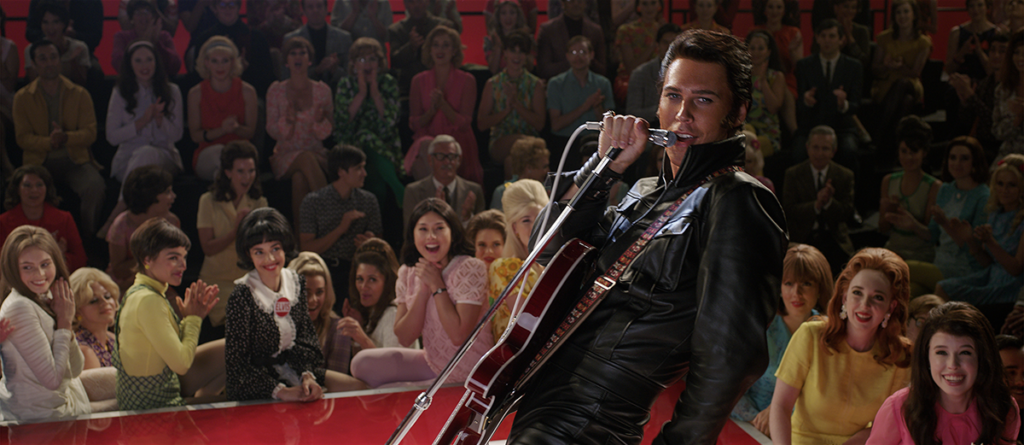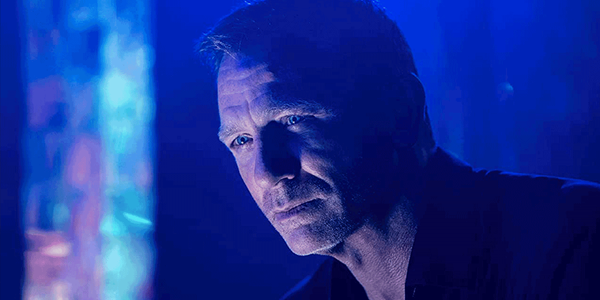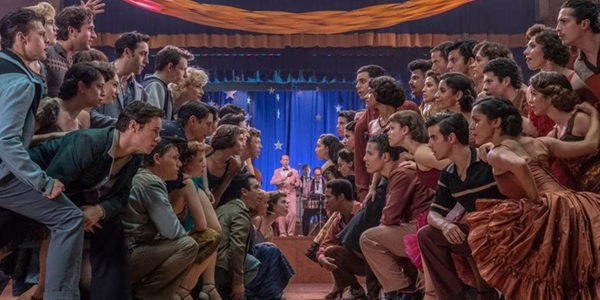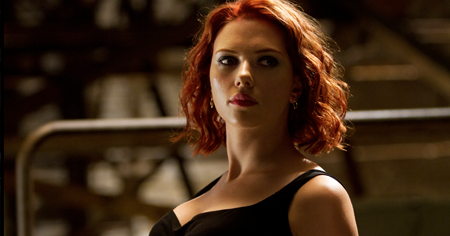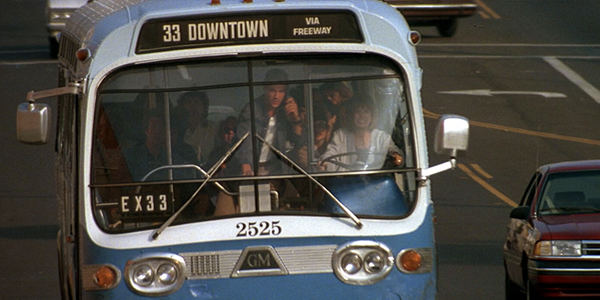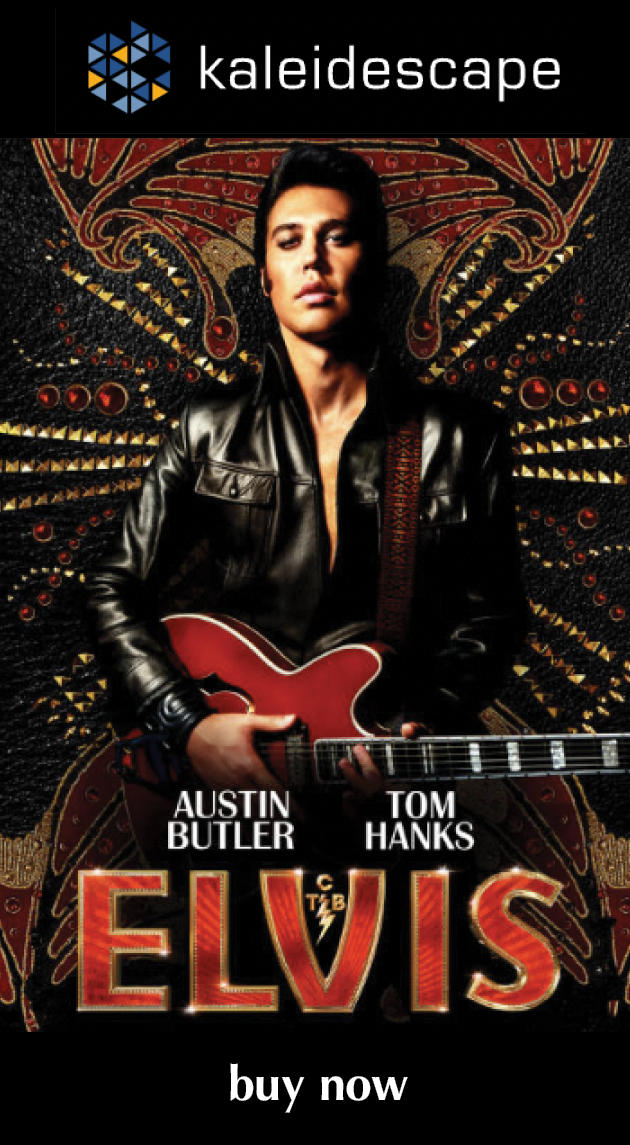also on Cineluxe
Sign up for our monthly newsletter
to stay up to date on Cineluxe
Fans of The Great Gatsby will likely enjoy the way director Baz Luhrmann deploys his trademark visual dazzle to update the Elvis legend
by John Sciacca
August 22, 2022
I’ll admit, I’m not a huge fan of Elvis Presley and don’t really know much about him or his life. I was aware of him growing up, but Elvis wasn’t really music that I “discovered” like The Beatles or Led Zeppelin. I think I remember my parents talking about watching his Aloha From Hawaii concert in 1973, the world’s first live concert via satellite, and I definitely remember when he died in 1977, but beyond that, I’m more familiar with Elvis from the caricatures of Las Vegas entertainers, the stories of his late-life weight gain and drug abuse, and the unfortunate truth of him dying on the toilet. Which is to say, I went into watching this movie with no preconceptions, expectations, or ideas on what it would be about.
Well, that’s not entirely true. Knowing that the movie was written and directed by Baz Luhrmann, I had an idea that Elvis—like Luhrmann’s Romeo + Juliet, Moulin Rouge, and The Great Gatsby—would be a visual feast, with a penchant for blending a modern soundtrack into an older story. And literally from the opening gold-and-diamond-sparkling title screen, you could tell this had Luhrmann’s fingerprints all over it.
Before I even get into my review, I think it’s a pretty safe bet to say that Gatsby is a pretty good touchstone to see if Elvis would be right for you. If you liked the visual flash and style of that film, with its combination of frenetic action and slow, dreamy sequences, or the way he used Jay Z to executive produce the music, then you’ll probably like Elvis.
Now, as little as I knew about Elvis, I knew absolutely nothing of Colonel Tom Parker, Elvis’s manager. I imagine if you’re an Elvis fan, you’ll have strong feelings about Parker, but I didn’t.
It feels like Elvis’s life story was big, exciting, and cinematic enough to stand on its own, but Luhrmann chose to tell the story through the eyes of Parker, who “narrates” this film and has a near equal billing on screen time. The Kaleidescape synopsis perfectly sums up the lens of this film with, “In his final hours, Colonel Tom Parker reminisces over his volatile relationship with the King of Rock and Roll.”
Whether this is because Luhrmann found that angle a better way to tell the story or he thought Tom Hanks playing Parker would be a bigger draw than the relatively unknown Austin Butler as Elvis, I can’t say.
The movie opens with voiceovers telling us Colonel Parker is a liar, a cheat, a con man, accused of massive fraud and mismanagement, that he received as much as 50% of Elvis’s earnings, he worked him like a mule, and was responsible for Elvis’s death. Parker then steps in to tell us that’s all wrong, and begins telling Elvis’s story, which starts with him as a young boy and progresses up through his battles with censorship and segregationists, (briefly) his time in the Army, falling in love with Priscilla—though they don’t go into the fact that he was 24 and she was 14-years-old when they met—his stint in film, and into his final years of his Vegas residency at The International Hotel (which became the Las Vegas Hilton and is currently the Westgate, which still prominently features a life-sized bronze statue of Elvis in the lobby).
A theme that runs through Parker’s tale is that of being a “Snowman,” something he claims to have learned while working at the carnival. A Snowman can empty “a rube’s wallet while leaving them with nothing but a smile on their face,” and the best snow jobs “had great costumes and a unique trick that gave the audience feelings they weren’t sure they should enjoy—but they do.”
Butler is terrific as Presley, with a ton of energy and stage presence, especially as he gets a bit older. Not only does Butler have the moves and sneer down, he hits the right notes for Elvis’s speaking voice, he does his own singing for the early years, with his vocals mixed with the actual Presley during the later years. Hanks is often nearly unrecognizable in loads of makeup and prosthetics with a look that reminded me of President Lyndon Johnson. My biggest issue with Hanks’ performance is the accent he adopted. At first I thought it was a Louisiana Bayou affectation, then at other times it felt like Irish. After we looked up that he was trying to affect Parker’s Dutch accent, I kept getting flashbacks of Mike Meyer’s over-the-top voice for Goldmember.
Luhrmann keeps things visually interesting throughout, using a variety of different techniques like flashbacks to Elvis’s childhood presented in a series of animated comic-book panes, cuts to black & white, and dividing the screen into multiple blocks showing different images. He also does a good job capturing the energy and excitement that seeing Elvis live must have been like and gives a glimpse into his stage presence and command of the audience. Though Luhrmann’s parallel of Elvis’s earliest performances—with girls involuntarily drawn into near orgasmic ecstasy over his moves—to him getting the Spirit as a child at a church revival come across as a bit silly. As expected, the soundtrack also keeps things modern and fresh, including a song by Doja Cat that samples Presley’s “Hound Dog,” as well as Eminem, Diplo, Måneskin, and Kacey Musgraves.
Shot at a combination of 4.5 and 6.5K resolution, the home release is taken from a 4K digital intermediate, and the image quality is clean, sharp, and detailed. Closeups have tons of details, including every enlarged pore on Hanks’ made-up face, or the fine patterns, detail, and texture in Elvis’s outfits or the Colonel’s jackets. One scene later in the film has Parker wearing a hat, and you can see every bit of the thin construction around the brim. There is also great focus and depth of field letting you see all of the crowd at Elvis’s early shows or as he looks out into his Vegas crowds.
The HDR grade also really lets the bright neon lights of Vegas pop, the bright white highlights of the stage lights, the colorful explosion of fireworks (another Luhrmann hallmark), the vibrant outfits, colorful stage lights, or with sunlight streaming through windows into darkened interiors. There are several sun-drenched outdoor scenes at a carnival that also look terrific.
The Kaleidescape download features a lossless Dolby TrueHD Atmos soundtrack that puts the focus on the dialogue and music, as it should. Dialogue is always clear and intelligible, even when music is playing, and depending on the venue, music can be room-filling, with sounds spreading out into the sides, back, and overhead. There are also lots of little ambient moments like crowds cheering and clapping, fans shouting, and the snapping of camera bulbs around the room.
I can’t comment on how closely the film hews to actual events, or if Parker was truly as controlling and influential on Elvis as the film portrays, but I did find Elvis entertaining, though a bit long at 2 hours 39 minutes. If you’re a fan of Presley or Luhrmann, it’s definitely worth a watch.
Elvis has left the building.
Probably the most experienced writer on custom installation in the industry, John Sciacca is co-owner of Custom Theater & Audio in Murrells Inlet, South Carolina, & is known for his writing for such publications as Residential Systems and Sound & Vision. Follow him on Twitter at @SciaccaTweets and at johnsciacca.com.
PICTURE | The image quality is clean, sharp, and detailed, with the HDR grade really letting the bright neon lights of Vegas pop
SOUND | The lossless Dolby TrueHD Atmos soundtrack puts the focus on the dialogue and music, as it should, with the dialogue always clear and intelligible, even when music is playing
© 2023 Cineluxe LLC


